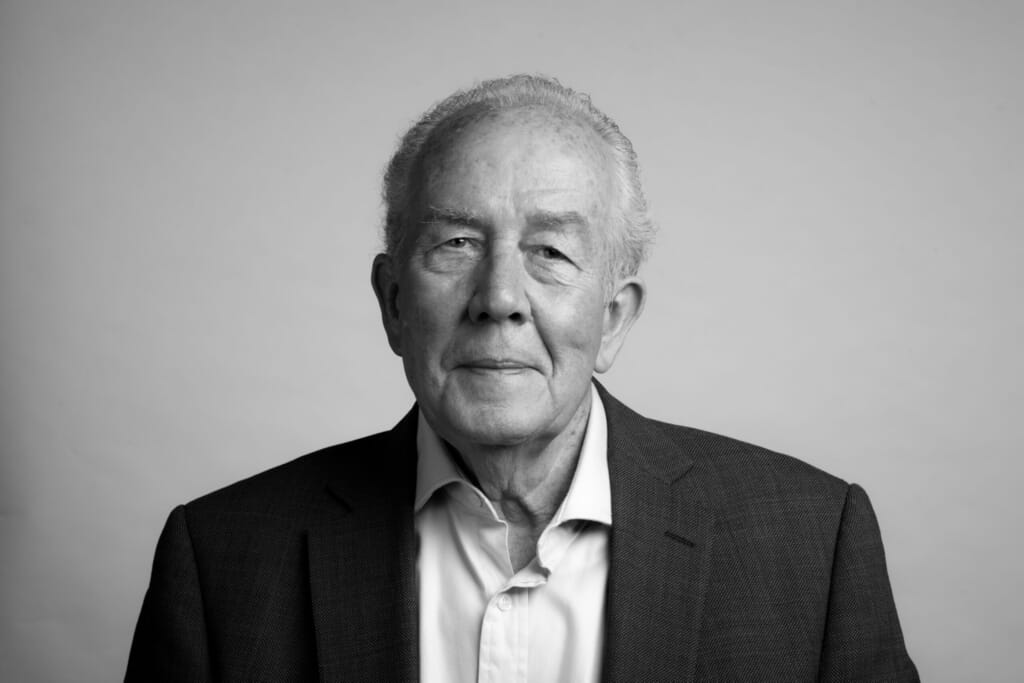Solicitors for Wills & Will Writing
Our specialist solicitors will advise and guide you through the process of estate planning and making your will
We frequently work with other professionals to deliver full estate, tax and succession planning advice.
For more information on tax and succession planning click here

Frequently Asked Questions
-
Do I need a will?
The simple answer is yes. All adults should have a will. However, some circumstances make having a will even more important and these are:
- If you have a long term partner who is not your spouse or civil partner;
- If you have children;
- If you have children or dependants from a former relationship;
- If you own property;
- If you would like to leave money or particular items to someone who is not your spouse/ civil partner or children or if you would like to make a gift to charity.
- If you own or have an interest in a business.
-
Do I need professional advice to make a will?
Taking proper legal advice will help to ensure that you consider all your options and the implications of your decisions. It will help you to think about issues you may not have thought about or known before. It will also help you to make decisions which are as tax efficient as possible.
If you have complicated financial or familial arrangements, it is sensible to take advice from a suitably qualified lawyer who specialises in this area of law, as they will take the time to understand your situation. They can then ensure that everything is considered and addressed correctly.
Taking professional advice will ensure that your will is valid and compliant with statutory requirements. A will which fails to comply with technical statutory requirements will be invalid.
-
What does a will do?
A will enables you to control how your estate is administered and distributed after you die. Your estate may include your house and any other property that you own, your personal possessions, money in bank or other accounts, investments, savings of any sort and any business assets or shares belonging to you personally. It may also include your interest in assets that you co-own with other people.
A will allows you to decide who should inherit, how much they inherit, when the inherit and who is responsible for collecting and distributing your assets. It also enables you to make gifts to charities should you wish to do so.
If you have children, a will enables you to appoint guardians if both parents die whilst the children are under 18. If you have children, it is vital to provide as much security and certainty as possible both for your children and for the wider family with responsibility for them.
A will also enables you to express your wishes over what type of funeral you want.
A properly drafted will can prevent (or put to rest) family disputes which could otherwise arise.
-
What happens if I do not have a will?
If you do not have a valid will, your estate will be distributed in accordance with the rules of intestacy.
A few important things to understand are:• You do not control who inherits your estate, how much they inherit or when they inherit. There is no way to benefit wider family members, non-family members or charities. It is not left up to the discretion of your closest family but dictated by statutory rules (called the intestacy rules)• Currently, if your estate is worth £322,000 or less, your spouse will inherit everything but if your estate is worth more, 50% of the value of the estate over this sum will go to your children.
• Your children will inherit their share as soon as they reach 18.
• If you are not married or in a civil partnership with your partner, they have no right to inherit under the rules of intestacy. If you have children, your whole estate will pass to them. If you do not have children, your estate will pass to wider family. -
What should I think about before I make a will?
It is important to think about your family circumstances, your assets and who you would most like to benefit. It is also important to think about guardianship options for your children and to talk first to your chosen guardians. Think about who you want to oversee your estate when you die and talk to those concerned before your will is written.
Even in the most straight forward situation, there are still likely to be issues that need to be considered carefully to ensure that the wider implications of these decisions are understood. The more complicated your family or financial situation, the more issues need to be considered.To get you started, here are some preliminary suggestions that you may wish to consider:
• Make a list of your assets and try to value them.
• Think about what debts you may have and how they will be paid when you die. Pre-existing creditors will have first call on your assets after your death.
• Are there any specific belongings or family heir looms that you would like to give to a specific person?
• Do you want to leave everything to your spouse/ civil partner or partner?
• Consider the consequences of remarriage, children from different relationships and care home fees.
• Do you wish to ‘ring fence’ any money or specific assets for any of your children after your death?
• How old do you want your children to be when they inherit?
• Who would you like to manage and control your estate when you die (your executors) or to be in charge of your children’s money before they receive their shares? These should be people who you trust and who you believe will be capable of managing potentially complicated issues.
• Do you have children from previous relationships who you wish to benefit?
• Do you own any property or other assets overseas?
• Do you own property or other assets jointly with other people and, if so, do you know how it is held by you? -
What about inheritance tax?
Everyone has an inheritance tax (IHT) nil-rate band. If your estate falls within this band then it may be left to your chosen beneficiaries tax-free on your death. In addition, gifts to particular people (e.g. spouses/ civil partners and, in certain circumstances, children), gifts of certain types of assets (such as interests in a business or a farm) and gifts to charities may qualify for IHT relief.
If you think that the value of your estate might be such that IHT will apply, it is important to take professional advice when you write your will, to ensure that you consider tax efficient ways to plan your estate.
IHT rules are complicated, and the guidance below is a very brief and simple summary only.
IHT of 40% is paid on every penny in your net estate which exceeds your IHT threshold. IHT used to apply to only the wealthy in society, but due to the increase in the value of assets (property in particular) and the fact that the IHT threshold has been frozen for many years, far more people are now affected by IHT – many of whom may not expect it.
The IHT threshold is normally referred to as the “nil rate band”. This is the value of assets within your estate which is not subject to tax. The nil rate band is currently set at £325,000. Everyone has their own nil rate band. If you are married or in a civil partnership, your nil rate band can be “passed” to your spouse or civil partner when you die (if you do not ‘use’ it by leaving assets to anyone other than your spouse/ civil partner or exempt charities). This means that on the death of a surviving spouse/ civil partner they will have their nil rate band and the balance of your nil rate band to claim. As things stand, up to £650,000 may be claimed this way on second death. There is also an additional “residence nil rate band” which applies to the value of your home (your main residence). This only applies if your home is inherited by direct lineal descendants on your death and is set at £175,000 per person. Like the nil rate band, this can be passed to your spouse or civil partner if it is unused on first death.For further information on inheritance tax and succession planning click here
Talk it over
with an expert
with one of our friendly and professional team




